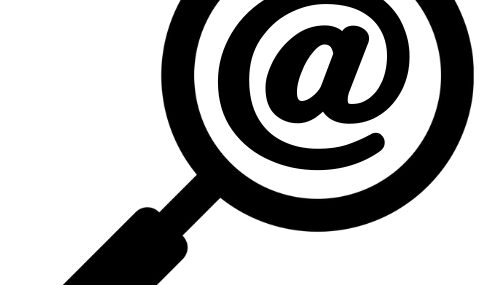Experts expected domestic and foreign disinformation campaigns would try to disrupt the integrity of the elections in the Netherlands. Our social media watchdog Kieskijker observed many inauthentic online activities around the general elections on 17 March 2021. Through a real-time campaign Kieskijker exposed disinformation and manipulation, thereby decreasing harmful effects and increasing digital literacy.
When we launched our social media watchdog Kieskijker, we didn’t know what to expect. In the run-up to the Netherlands’ elections of 17 March 2021 we started monitoring social media for organised manipulation and disinformation campaigns. But would we actually discover any? Somehow we hoped we wouldn’t find anything — because that would of course be the best outcome for our democracy.
Unfortunately, we discovered more than enough. Maybe not a Russian troll army — although, you never know who may be behind a campaign — but in the end we were amazed at everything we encountered:
* a bogus account with bogus political polls — unfortunately shared by some political parties
* fake politicians on Twitter working on polarisation and spreading disinformation
* a false flag political chat group on Telegram that became openly far-right
* astroturfed fuss about the corona curfew
* a hashtag campaign that led to a strange women’s group affiliated with conspiracy theorists (see: ‘conspirituality‘)
* a Turkish Twitter attack on far-right party leader Geert Wilders
* the much talked about hate hashtag K*tkaag and how it was inadvertently kept trending by people who condemned the hashtag
* banned political ads on Twitter — which shouldn’t be possible as Twitter policy is to ban them
* a large conspiracy Facebook group calling on people not to vote — and some Facebook failings
* strange Chinese and Russian likes of a tweet by progressive political party D66
* far-right party leader Baudet who tried to copy Trump’s playbook — but success remained mostly limited to his own filter bubble
* strong evidence of inauthentic manipulation of the online debate in favour of far-right parties FvD and PVV
In addition, we published a Dutch translation of our crash course with practical tips on how to deal with disinformation, fake news and propaganda, a poster series on how to spot conspiracy theories and what to do about it, and a study on how prospective parliamentarians use Twitter in campaign time.
Our social media watchdog project received very positive feedback from voters, politicians, journalists and disinformation experts, and quite some media attention (an English example here).
On behalf of the Defend Democracy Foundation we would like to thank:
* The Democracy and Media Foundation and SIDN Fund for their financial support for the Kieskijker project
* Our project partner Trollrensics
* Our team for their enormous commitment, also in the evenings and on weekends
* Anyone who watched social media with us and informed us of strange things they saw
* All readers and sharers of our blogs and social media posts for their contribution to increasing digital literacy in the Netherlands
Team Defend Democracy
PS: Interested in having our watchdog watch social media around around elections or other important events in your country, state, region or city? Please get in touch with Defend Democracy.

